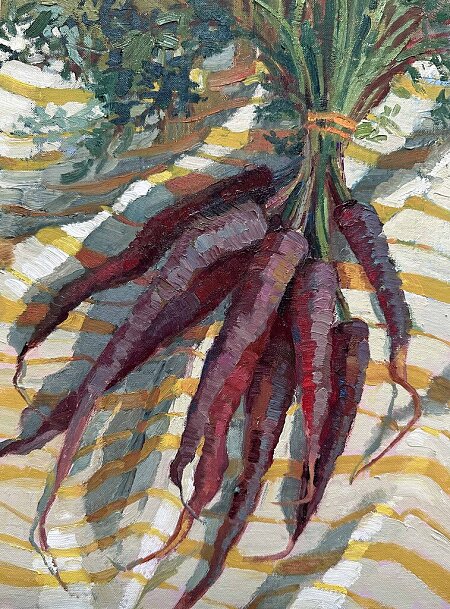
How Will They Remember You?
He stepped through the trees like a man outside of time. Alcide Fonteneau brushed the leaves and dirt from his hair and beard, blinking steadily in the afternoon light. The south Louisiana sun burned bright in a cloudless sky, lighting up open fields and clearings that seemed to go on forever in every direction. The soles of his shoes had worn through days ago, and the last meal he remembered had been small by even the poorest standard. But he was home now. And for the first time since he’d left to fight, he was filled with some hope.
He thought of his wife, Rachel, and their farm, the small patch of land his family had cleared and tilled and cultivated for generations. She would be waiting for him at their home. He had pictured their reunion hundreds of times on the journey home, but he had never held it too tightly. He knew there was a danger in letting a dream become an expectation, and so he had set all dreams and expectations aside.
Alcide pulled on his coat, the Confederate insignia hanging limp and threadbare from his shoulder. In the high sunshine, he saw, clearer than ever before, his son’s blood, smeared and stained across the gray wool.
*
The tide of war had come in like a midnight thunderstorm, settling over his small corner of the world. Men had been swept up in dreams of honor and glory, the chance to be remembered as heroes of the “War Between the States.” Everywhere he went, the men’s hearts burned for violence and glory, and the women stood captive at the thought of a man in uniform, while fighting the fear of life as a widow or a grieving mother.
When that tide of duty to God and the new Confederacy reached his door, Alcide found himself caught between an expected duty to his newborn nation and the creeping dread of an unwinnable war. His neighbors’ fear-mongering proved to be too much, though, and Alcide reluctantly joined the war effort. But when he dressed in that iron gray Confederate coat for the first time, he was not alone. His son, just sixteen years old, stood next to him, beaming in his own gray uniform. wearing the courage of a young man on his chest like a badge of honor.
Rachel, Alcide’s wife, pleaded to him, “You take care of him, Alcide Fonteneau. He’s yours to protect.” She had often called their son her heart and her dream, as he was the first of their children to live past infancy. Joaquin’s life was so precious to them both that they never felt a need to test God by trying for another. And though he would not admit it, Alcide did not think he would survive burying one more child.
The first child’s name was Emmaline, after his grandmother. And when the baby died, he and Rachel wept for days. But each new pregnancy brought new sorrow and a new grave marker. And so when Rachel became pregnant with Joaquin, they refused to name him for the first six months of his life until they knew his survival was a certainty. As he grew and thrived on their farm, Alcide and Rachel believed their lives were complete. Alcide even found himself forgetting about the other children buried under the oak tree. As Joaquin grew into a healthy young man, the memory of their other children began to scab over until each one was a faint scar in his mind.
And so, when Alcide left the family farm, marching next to his only son, he prayed for Joaquin, asking an estranged God for protection as they marched out past the lines of St. Landry Parish.
*
The town had changed while he had been off to war. As he walked the roads leading in and out of Opelousas, Alcide saw faces that he once knew, old men who had gotten older and boys now on the edge of manhood. Any young and able men had been called to defend the cause, leaving old men and boys to look after the home front. But three years after his departure, the people had begun to move on. Men drove their carts full of crop yields, passing by Alcide with a polite but concerned greeting, noting the insignia on his coat. Women, busy clearing dust out of their houses, stopped their sweeping to stare at this new stranger, then led their children inside.
He stopped at a store just outside of town, grateful for a relief from the afternoon heat. The shoppers fell silent save for a few hushed exchanges. The man behind the counter was bald save for a few whisps of white hair still clinging to his scalp. Whatever strength he’d once had was long gone.
“What can we help you with, stranger?” the shop owner asked him.
“Just passing through,” Alcide said with as much kindness as was left in him.
The man chuckled, diffusing some of the tension in the store. The shoppers went back to their pursuits. “That’s a heavy coat for this time of year,” he remarked, pointing at Alcide’s jacket.
“Sure is,” he replied. Alcide walked to the counter. He felt the cool wood floor through the holes in his boots.
The shop owner busied himself with a rag and some polish. After a moment, the man smiled again and leaned in, almost whispering. “We don’t want any trouble, sir.”
“How do you mean?” Alcide asked.
